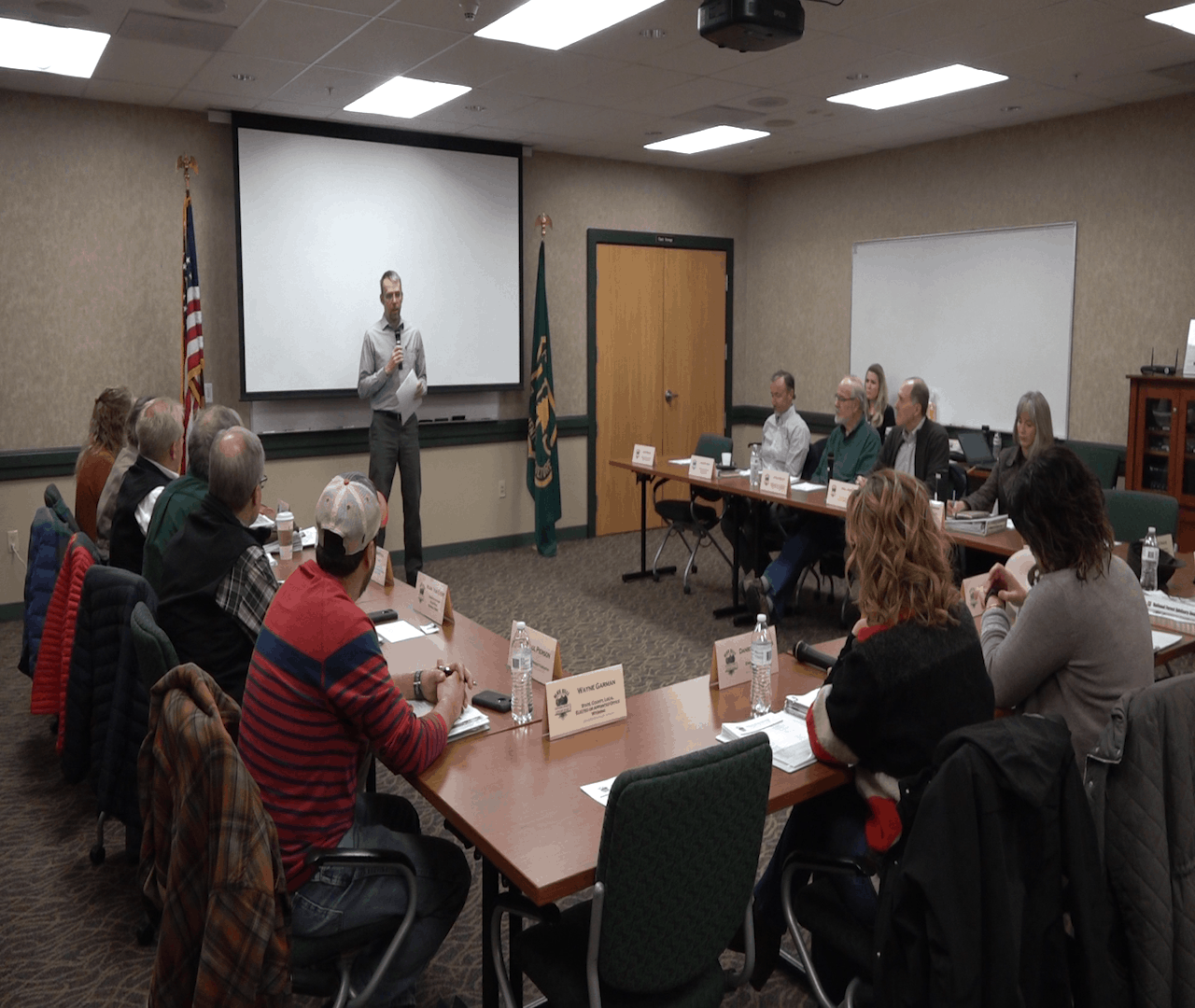
Federal Advisory Committees are extremely important ways for the voice of stakeholders to be heard in government decisions. I was hoping that the Biden Administration, because of the importance of hearing from the public, and the experience of many appointees from the Obama Administration, would have a smoothly operating approval process for renewals and appointments (a girl can dream, right?). Folks tell me that the Black Hills Federal Advisory Committee, at one time the only forest level FACA committee in the US, has been held up for over a year (of course, there’s transition, but it’s not a surprise to the new Admin that FACA approvals are on their list of things to do..)
Does anyone know…
(1) Is this level of delay true of all FACA committees or only some? What about the ones you know about/work on?
(2) Is there a way for the public to apply pressure to speed up the process (it’s not COP26 negotiations here…not a trade agreement, nor even a forest plan; how many people really need to clear them)?
I dispute the “extremely important” descriptor of FACA’s in general. I think they are a costly, cumbersome, and often ineffective form of citizen interaction, especially at a “local” level like that of an individual NF. The national level planning reg FACA was more suited to the concept, IF (big if) the agency will use the expertise and advice.
Jim.. interesting.. what do you think of Rec Racs?
https://www.fs.usda.gov/working-with-us/committees/recreation-advisory-committees
I’ll hold my tongue (odd, I know) because I have NO familiarity with Rec RACs. My concern would be the festoonery that often accompanies such committees. They can be useful with balance and good leadership that avoids layered bureaucracy and needless costs, and cuts through crap to make effective use of everyone’s time. Any readers who actually participate have something to say?
I’m on a Rec RAC — the Mt. Hood/Willamette. I think we give the forests valuable in put from a wide range of viewpoints. Sure, the agencies get a lot of input via the planning process, but the Rec RACs act as a reality check for some actions/decisions that aren’t subject to much or any public scrutiny. For example, in looking at a proposal to charge day-use fees at a bunch of sites, we had tough questions for the USFS folks on whether certain sites should remain free. Rec RACs make recommendations, not decisions, but in my experience, we’re listened to, and it’s very rare for a forests to go against our recommendations.
Jim, your argument about FACA committees sounds like how I feel about plan revisions.
Which argument? (Surely not festoonery.)